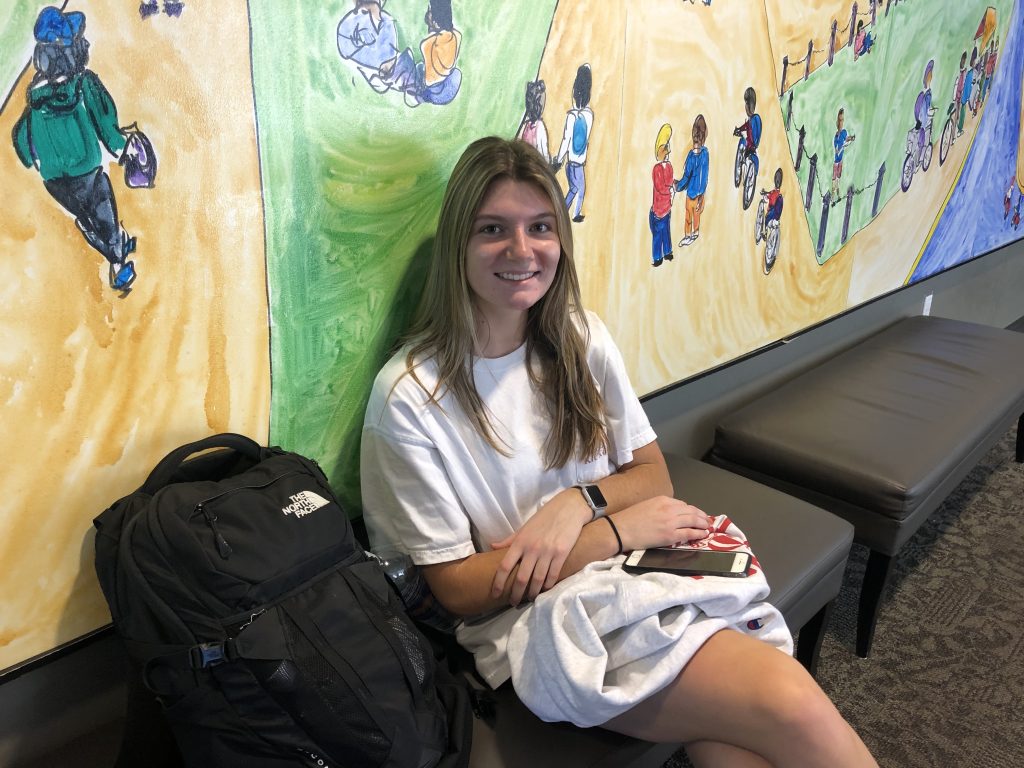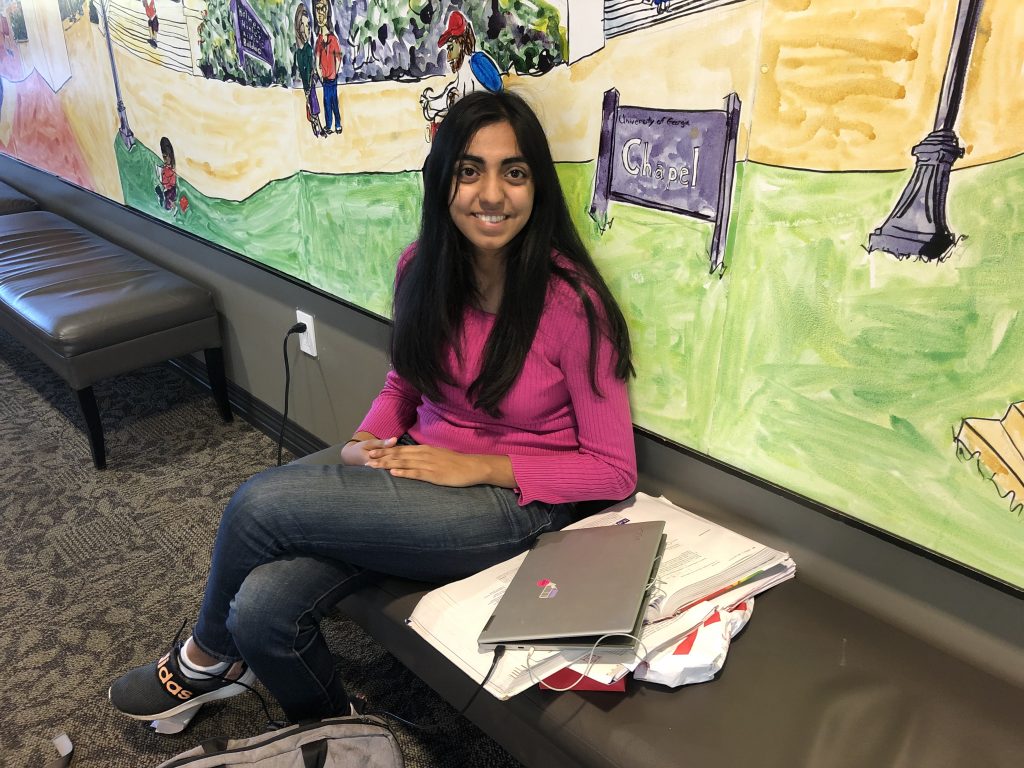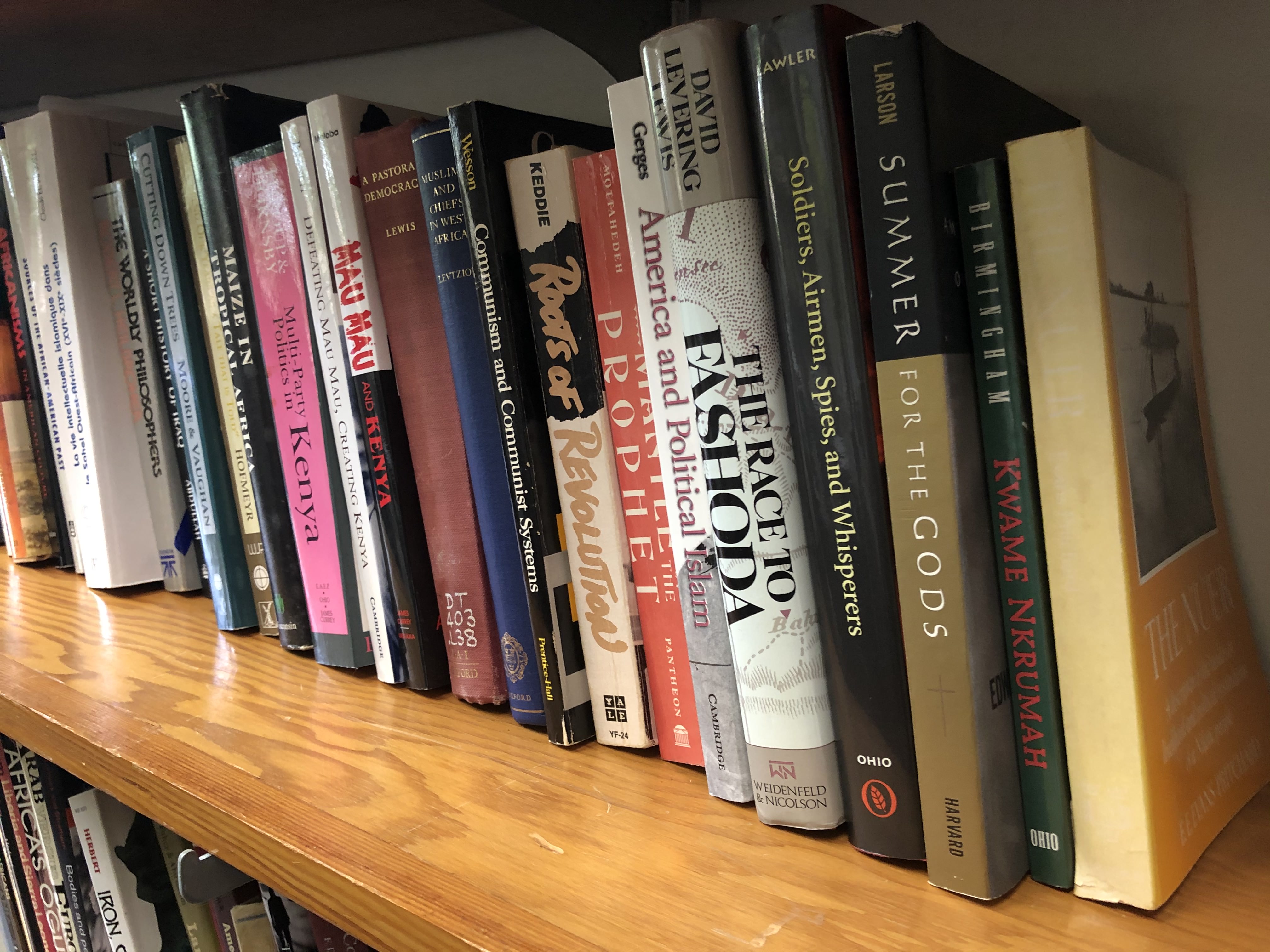Print textbooks may be something of the past. The University of Georgia Libraries will partner with Google Books to change 120,000 works from print to digital. In total, the University of Georgia Libraries has a collection of 4.5 million works.
Why It’s Newsworthy: Digital access to 120,000 books could make the cost of textbooks less for students.
With apps like Amazon Kindle and Nook, people already are used to having digital books at their fingertips. The partnership with Google Books will allow more access to a wide range of books from scientific journals and reference books to historic and literary works. The University of Georgia Libraries’ contribution to Google Books include works that are not already widely in the public domain, according to a press release.
“The ability to search through the full text of these digitized materials will make it even easier for researchers to gain access to the knowledge that helps them to better understand our world,” said University Librarian and Associate Provost Toby Graham in a press release.
Not only will the switch allow more digital access to works from the University of Georgia’s Libraries, but it could also keep some extra cash in student’s pockets.
Over recent years, there’s been a statewide push to lower how much students spend on textbooks.
According to data collected by The College Board, students who attend public, four-year schools pay about $1,240 for textbooks during their college career.
University System of Georgia Chancellor Steve Wrigley said he wants to change this trend. USG is working to keep textbook costs at a minimum for students. This is all part of their USG’s efficiency initiative.
In 2018, Georgia universities began offering eCore, which includes the entire core curriculum and free online textbooks through Open Education Resources. Overall, students are saving $19 million annually, Wrigley said.
UGA has also been pushing for Open Education Resources, which are teaching and learning resources that can be reused and redistributed freely. Since 2013, UGA students have saved $5.6 million in textbook costs, according to the Center for Teaching and Learning website.
Faculty and Students React
Julia Krzeminski, a sophomore economics major from Roswell, said print textbooks can be very expensive, which is one of the reasons she’s made the switch to digital. Krzeminski said she usually spends about $100 on textbooks each semester after cutting out print.
“It’s a lot easier to access them. I don’t have to carry them around, and when I type my notes I can put them side by side on my [laptop] screen,” she said.

However, some students, like Simran Brar, a junior biology major from Milledgeville, are sticking with print.
“Honestly, it’s just more convenient to just go to the bookstore and get them as opposed to looking online,” Brar said.
Brar said she appreciates the Google Books partnership, but thinks print textbooks are more convenient to study with.

Timothy Cleaveland, an associate professor in the university’s history department, said he sees the benefits of the partnership but hopes this will not affect publications’ businesses.
Cleaveland said many of his students buy their books online or download them digitally. He hopes they do this legally in order for publications to profit from book sales.
How Does UGA Compare Nationally?
The University of Georgia is one of the first universities to partner with Google Books. The university’s collection will add to Google Books’ 35 million volume database.
Other universities to partner with Google Books include University of Michigan, Harvard, Oxford and Stanford.
“Google Books has partnered with more than 60 major libraries around the major libraries around the world, as well as publishers and authors, to build a comprehensive collection of books in more than 400 languages,” the release states.
Moving forward, Google will work to convert the 120,000 works to digital copies over the next three years. This will include scanning the books and making them accessible on the University of Georgia Libraries’ and the Google Books’ online databases.
Julia Sanders is a senior majoring in journalism in the Grady College of Journalism and Mass Communications at the University of Georgia. She also has a Spanish minor and New Media Certificate.









Show Comments (1)
Jason T. Stephens
Hi there! This article has a great content.